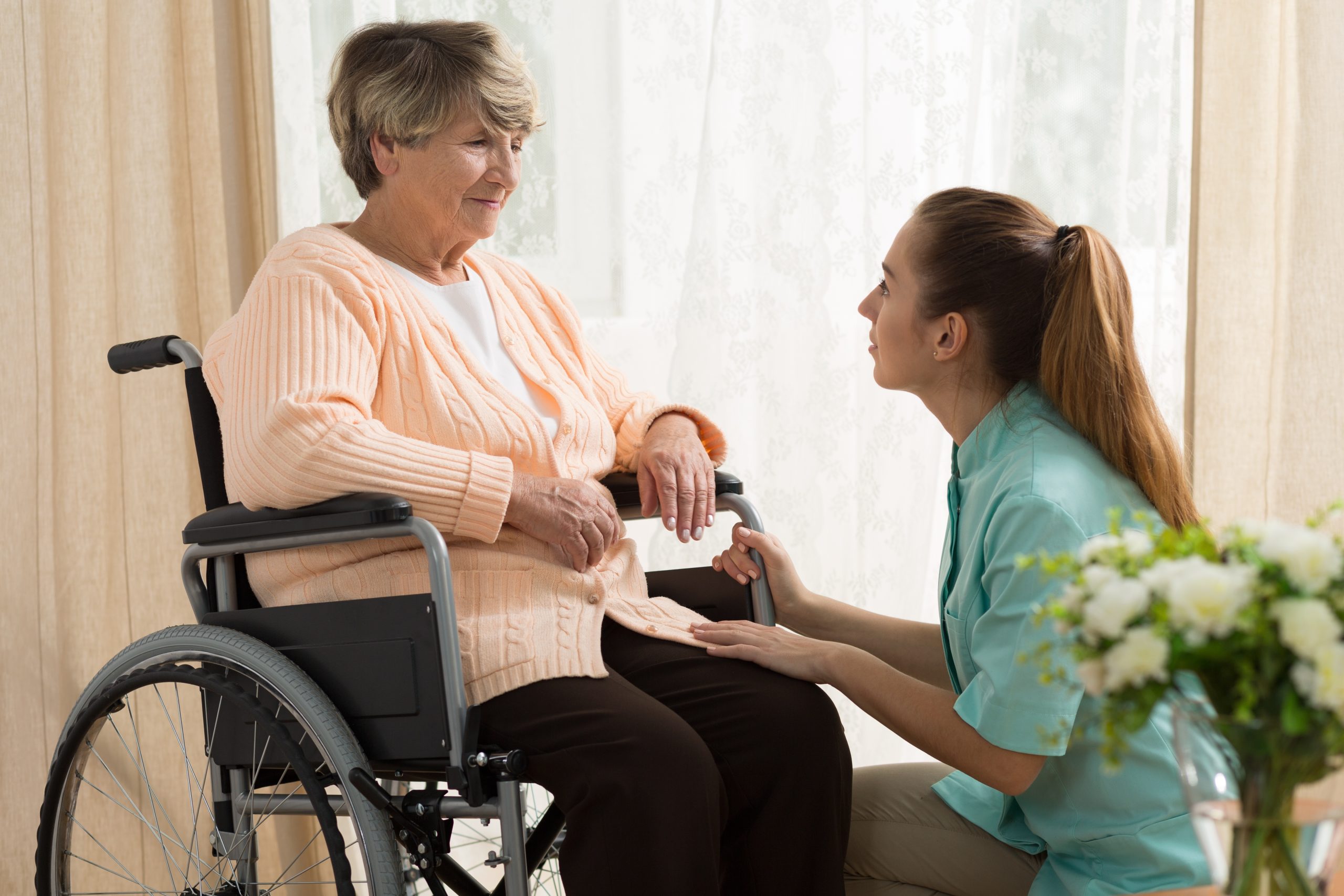
Table of Content
Living with dementia presents unique challenges, but thoughtful home modifications can significantly enhance quality of life and safety. A dementia-friendly environment reduces confusion, promotes independence, and helps seniors maintain familiar routines for as long as possible.
Remove Safety Hazards and Trip Risks
Creating a safer living space starts with eliminating common household dangers that can lead to falls or injuries.
- Clear pathways by removing throw rugs, electrical cords, and unnecessary furniture that could cause tripping.
- Install grab bars in bathrooms near toilets and in shower areas for additional support.
- Secure loose carpeting with double-sided tape or consider replacing it with nonslip flooring.
- Remove or lock away potentially dangerous items like knives, cleaning chemicals, and medications.
- Add motion-sensor lighting in hallways and bathrooms to prevent falls during nighttime navigation.
The cognitive challenges that accompany dementia often leave aging adults unable to manage everyday tasks, which puts their safety and health at risk. If your senior loved one has been diagnosed with a serious condition and needs help with tasks like meal prep, transportation, medication reminders, bathing, and grooming, reach out to Assisting Hands Home Care, a leading provider of senior care Naples families can trust. We also offer comprehensive care for seniors with dementia, Alzheimer’s, and Parkinson’s.
Enhance Lighting and Reduce Shadows
Poor lighting can increase confusion and create frightening shadows that may cause agitation or fear.
- Increase overall brightness with additional lamps and higher-wattage bulbs throughout the home.
- Eliminate harsh shadows by positioning lights to provide even illumination.
- Use nightlights in bedrooms, hallways, and bathrooms to help with nighttime orientation.
- Avoid fluorescent lighting, which can create glare and may cause visual disturbances.
- Keep curtains open during daytime hours to maximize natural light exposure.
Create Clear Visual Cues and Labels
Visual markers help individuals with dementia navigate their environments and maintain independence with daily tasks.
- Label frequently used items with both words and pictures on drawers, cabinets, and doors.
- Use contrasting colors to distinguish between different areas or objects.
- Post large, clear calendars and clocks in common areas to help with time orientation.
- Display family photos and familiar objects to provide comfort and memory prompts.
- Mark bathroom doors with distinctive signs or colors to make them easily identifiable.
Caring for a loved one with dementia is a challenging task for anyone. The responsibilities can sometimes feel overwhelming, but help is available. Seniors can face a variety of age-related challenges. Though some families choose to take on the caregiving duties, there may come a time when they need a trusted homecare provider. Families sometimes need respite from their duties so they can focus on their other responsibilities, and some seniors need around-the-clock assistance that their families are not able to provide. Assisting Hands Home Care is here to help.
Minimize Noise and Distractions
Excessive stimulation can lead to confusion, anxiety, and behavioral changes in people with dementia.
- Reduce background noise by turning off unnecessary televisions, radios, or appliances.
- Use soft furnishings like curtains, rugs, and upholstered furniture to absorb sound.
- Limit visual clutter by organizing belongings and removing excessive decorations.
- Create quiet spaces where your loved one can retreat when feeling overwhelmed.
- Choose calming colors for walls and décor instead of busy patterns or bright, stimulating hues.
Maintain Familiar Routines and Spaces
Preserving familiar elements can reduce anxiety and support cognitive function.
- Keep furniture arrangements consistent to prevent confusion and maintain muscle memory.
- Preserve meaningful belongings and cherished items in visible, accessible locations.
- Maintain established daily routines and keep necessary items in their usual places.
- Create memory boxes with personal mementos and photos from different life stages.
- Designate specific areas for common activities like reading, watching television, or listening to music.
Making these environmental modifications requires patience and ongoing adjustments as needs change. Small changes can make a substantial difference in creating a supportive, comfortable living space that promotes dignity and wellbeing.
Caring for seniors with dementia can be challenging for family caregivers. Luckily, there is dementia care Naples families can rely on. Professional dementia caregivers help seniors with dementia stay safe and comfortable at home by preventing wandering, providing cognitive stimulation, and assisting with household chores. Call Assisting Hands Home Care to learn more about our flexible and customizable senior care plans.






